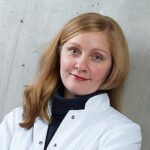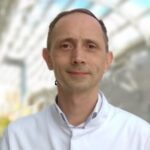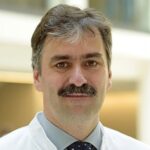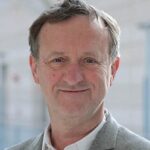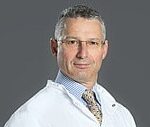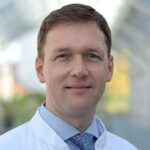 Charité Clinic
Charité Clinic
About the clinic
More than half a million outpatients received consultations at the Charité clinic, about 10% of which were remote consultations.
The Berlin Buch campus houses the Max Delbrück Center for Molecular Medicine (MDC) and the Leibniz Institute for Molecular Pharmacology (FMP), leading institutions in the field of fundamental research.
Best clinic of 2024 according to FOCUS
For the twelfth time in a row, Charité ranked first in the overall ranking of German clinics published by Focus Gesundheit magazine.
The clinic ranks sixth in the international ranking of the American magazine Newsweek, is among the top ten in the world, and is the best clinic in Europe.
The German clinic Charité is a world-renowned medical institution represented by four multidisciplinary campuses. Three of them are treatment and diagnostic campuses: Charité Mitte, Benjamin Franklin, and Virchow-Klinikum. The fourth campus, located in the northeast of Berlin, Berlin Buch, is entirely research-oriented, concentrating all clinical trials and studies of the Charité clinic.
In the clinic, specialists help patients with the most severe conditions. The newest operating rooms are equipped with the latest Da Vinci robotic models for high-precision interventions, which is especially important for neuro-oncological tumors. Molecular diagnostic methods used at the Interdisciplinary Oncology Center make it possible to sequence the genome of tumor cells and select the most effective “targeted” therapy. In addition, the oncology departments at Charité have the latest drugs for chemotherapy. In collaboration with the Helmholtz-Zentrum Berlin (HZB), doctors have been performing proton therapy for eye melanoma since 1998. This makes it possible not only to preserve the eyeball as a whole but also to maintain the patient’s vision. The course of irradiation usually consists of 4 sessions over the course of a week.
The innovative CyberKnife technology in the radiology department is used for precise irradiation of damaged tissues. At the same time, even body movements caused by breathing are taken into account.
Charité is actively developing the Institute of Medical Immunology. The main task of the specialists is the diagnosis and treatment of immunodeficiencies in children and adults, as well as chronic fatigue syndrome in adults. The institute operates its own immunology laboratory.
Every year, at the German Heart Center Charité (DHZC), doctors perform more than five hundred endovascular surgeries for chronic heart failure caused by heart and valve diseases: transcatheter aortic valve implantation (TAVI) and transcatheter mitral valve replacement (TMVI). Moreover, this type of treatment is available even for patients after heart transplantation.



